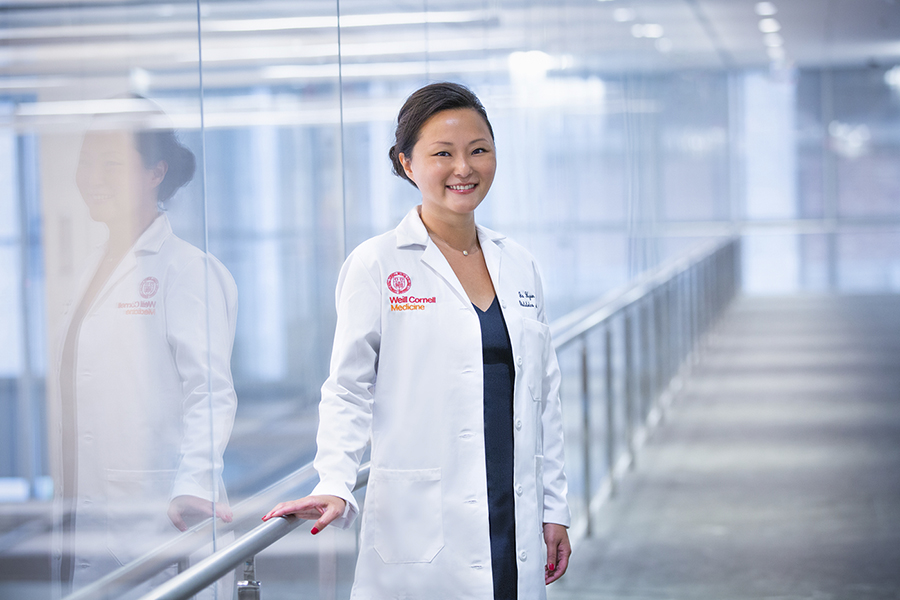Daniel Barone MD, FAASM, FANA, discusses why many of us have not slept well since the onset of COVID-19. He shares how coronavirus anxiety may be contributing to insomnia and offers some great tips on how to practice better sleep hygiene. He emphasizes the importance of restorative sleep and why it is so vital to our overall health, especially during these challenging times.
Listen to the episode here.
